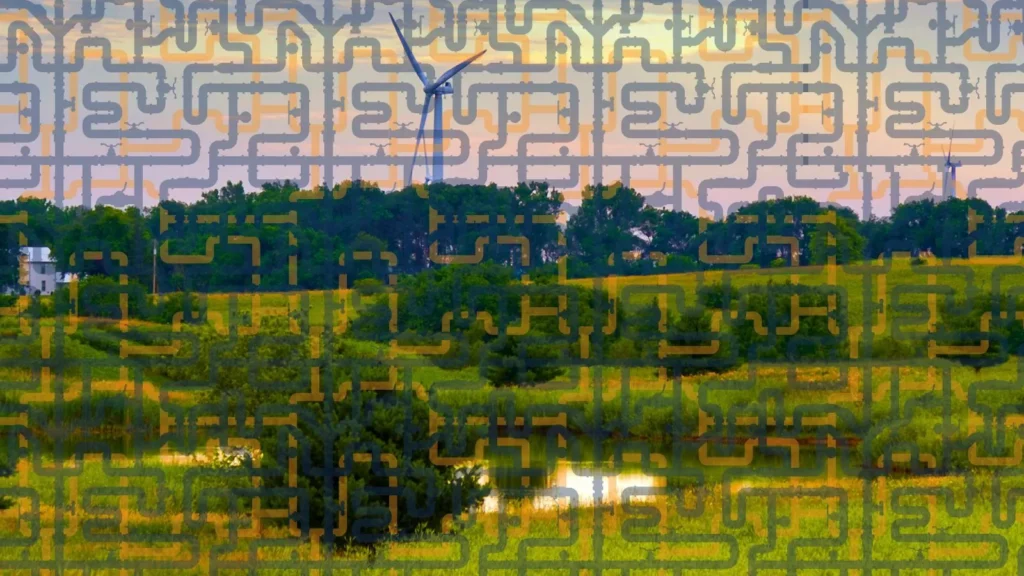Today, the Minnesota Public Utilities Commission (PUC or Commission) released its Draft Environmental Impact Statement (DEIS) for the 28-mile Otter Tail to Wilkin Counties segment of Summit Carbon Solutions’ (Summit) proposed 240+ mile carbon dioxide (CO2) pipeline network in Minnesota.
This begins a 30-day comment period where Minnesotans can weigh in on the clean-energy future they hope to see for our state.
Summit is one of several companies attempting to rapidly build out pipeline networks to collect carbon dioxide pollution throughout the Midwest. These projects, propelled by the promise of billions of dollars in taxpayer-funded incentives, would move climate-harming pollution at high pressure through farmlands on the way to geological formations where it can be injected underground to either extract otherwise unavailable oil or to sequester the carbon underground long-term. These pipelines would initially be linked to ethanol plants, to allow these facilities to sell their high-carbon products as “low-carbon” fuels in markets that would otherwise reject their ethanol as too polluting.
“This project is a test case for what ‘clean’ or ‘carbon-free’ energy means in Minnesota,” said Maggie Schuppert, Campaigns Director at CURE. “Are we really going to allow industries to create unlimited pollution and then pay them a premium to capture some part of that pollution and call that “clean?” We need to be investing in real carbon-pollution free solutions that don’t rely on faulty math to prop up dirty fuel and energy sources.”
“It is urgent that regulators hear from people in the impacted counties during this comment period,” said Peg Furshong, landowner and Operations Director at CURE. “Even though Summit has only applied for a few dozen miles of pipeline, it’s clear that they plan to impact hundreds more miles of Minnesota in multiple counties. The Public Utilities Commission needs to hear from the people with skin in the game who will be asked to risk their livelihoods and safety for these pipelines.”
“Tribes and rural communities have voiced serious and important concerns at past Commission proceedings about the public safety risks from high-pressure carbon dioxide pipelines,” said Hudson Kingston, CURE Legal Director. “Real climate solutions don’t create sacrifice communities, nor do they leave rural and Indigenous communities with the cleanup bill for other people’s for-profit heavy industries. We expect the Commission to fully consult with and hear these communities, rather than rushing through a permitting process that doesn’t support the public good or public safety.”
Notice of EIS & Public Info Meeting—
https://eera.web.commerce.state.mn.us/eera/web/project-file/12691
DRAFT Environmental Impact Statement: Otter Tail to Wilkin Carbon Dioxide Pipeline Project—
https://apps.commerce.state.mn.us/web/project-file/12662
Additional info about CO2 pipelines: carbonpipelinesmn.org


